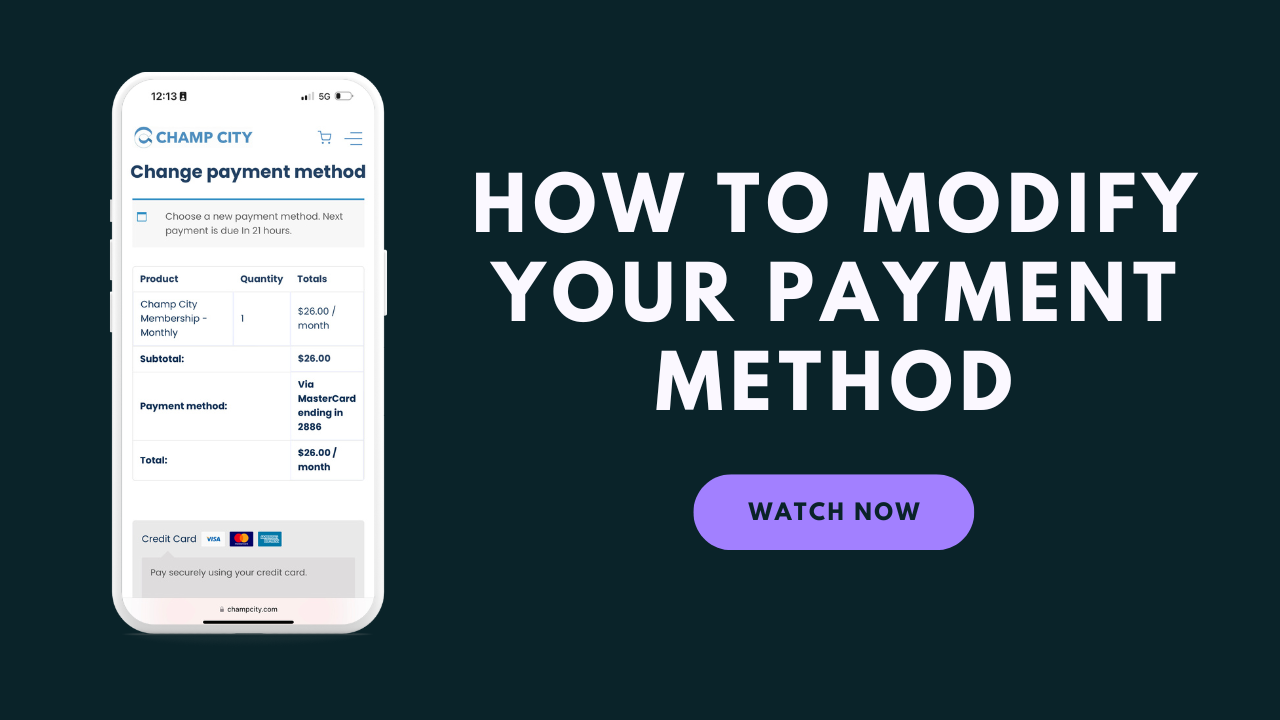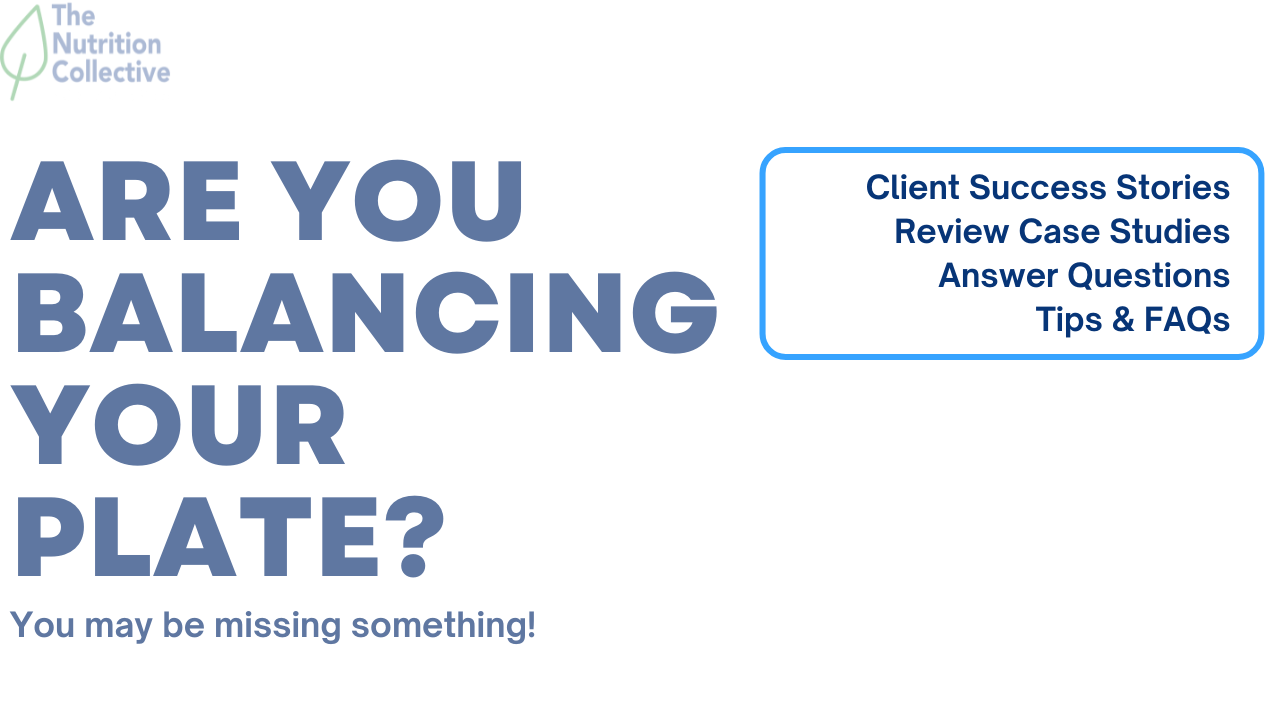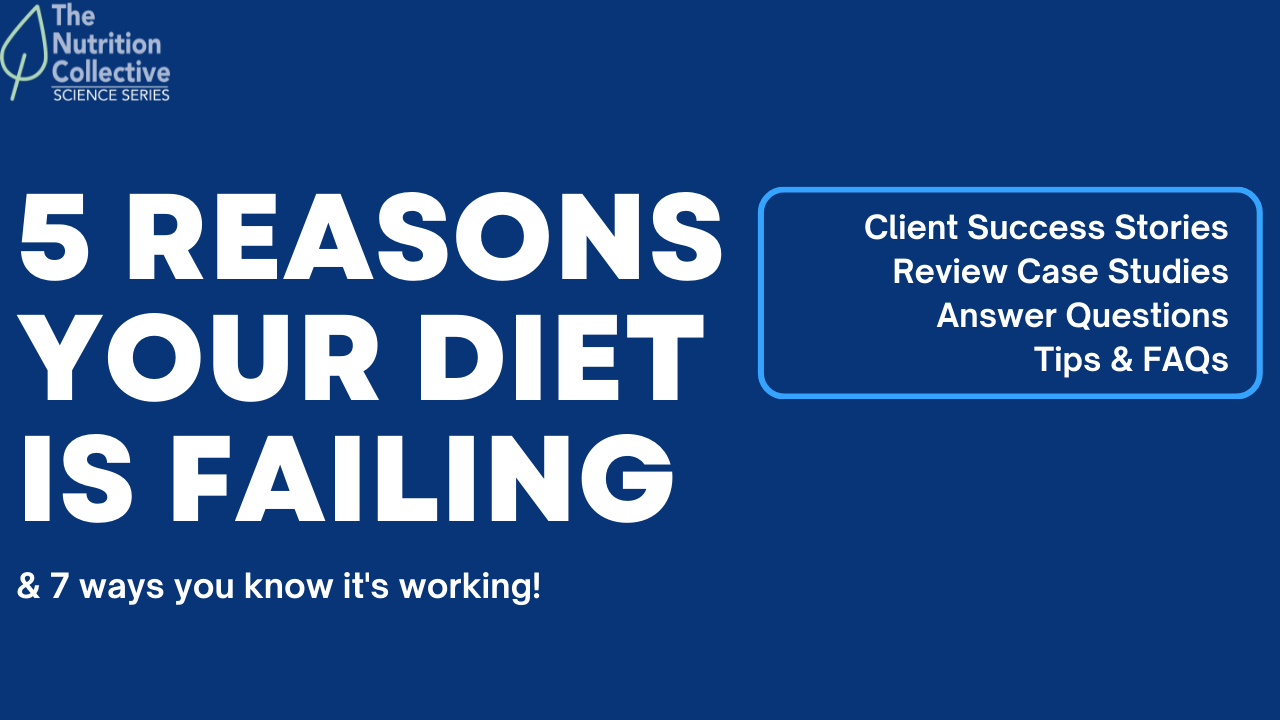Young or old, ‘successful’ or not, we have all felt loneliness at some point in our lives. It’s not about being lonely because of being isolated or alone. There’s a different kind of loneliness that doesn’t get solved by video chats with friends and family or getting into a relationship.
It’s the gnawing feeling when you look at your social media and see your colleagues and acquaintances having the time of their lives– either getting married or celebrating the bachelor life, taking vacations in pristine white yachts– while might be stuck in one area of your life and figuring it all out.
It’s could be a feeling of dissatisfaction with your current job, your achievements, your appearance, or your life in general. It’s the thoughts that say, “I should be/have/do more.” that could translate into us feeling loneliness.
The False Self
When you feel discontented and worthless, it’s your false self taking over. You start to feel a loneliness you can’t seem to shake.
In early childhood, when your needs aren’t met, you unconsciously create a ‘false self’ to shield you from the trauma and stress. You learn to repress your feelings and desires, and the parts of you that you think others will not find lovable.
We try to entertain, impress, and to conform to society’s standards. So as adults, we end up becoming perfectionists, primarily out of inherent practice we started in childhood and a certain trepidation to being different.
Since the true self is stifled, we become perennially sad. We gorge ourselves with whatever we can– unhealthy bingeing on Netflix shows, seeing multiple people, overworking, resorting to bad eating habits– all to fill that gaping hole.
But shoving down these negative feelings without making a change in ourselves can just make life miserable in the long run.
Suffering Is Created By The False Self
The false self helps you function in society. It keeps you from being vulnerable to people at your workplace.
But when your headspace is constantly filled with thoughts like, “If I have this body, I’d be more likeable”, or “If I achieved this or that, only would I have value”, then you should start working on your self-perception.
We place so much importance on what we see from society. We own it as our truth, and place these internal weights upon our shoulders.
Your false self has this instinctual need to belong, but ask yourself: Is this what I truly want to do in my life? Is this something that I can pursue?
Say you want to start improving your life. You feel that improving your life is appropriate, but when it stems from an unrealistic self-perception due to primarily societal/external drives.
The only cure for beating this kind of suffering is to have self-awareness AND self-compassion. It’s treating yourself the way you’d treat your friends.
Because when you get addicted to ‘happiness’ in the form of external validation from people or excessive habits, you tend to harm an aspect of your life. For example, you’re glued to your phone and your Instagram followers, without leaving time for your spiritual and social wellness.
This creates an imbalance that spirals you even further down. You can’t seem to get happy, and because you don’t give yourself time to listen to yourself, you don’t know why you’re unhappy.
Importance Of Getting Attuned To Your True Self
Think of your false self as the younger, less wise version of yourself.
Your true self grows as you gather more experience in life and learn about yourself and the world around you.
When you’ve developed your true self, it’s more dominant than your false self. You allow and accept the parts of you that you can’t change and don’t harm you.
You let go. You stop living for what you think the society expects of you and instead, you pursue your own dreams. You pick a career path based on your self-purpose.
With the true self, you’re more likely to succeed. You easily pick yourself up when you encounter setbacks and you can silence the external turmoil of the world and tune in to your inner self that’s full and capable of giving love.
Cultivating Your True Self To Achieve True Joy
When you love yourself– both the good and the bad– you become free, and you give yourself more chances to be happy.
To combat the loneliness that springs from your self-doubt, dump unhealthy coping mechanisms and look towards your inner self. Below are some ways you can do that.
Practice Self-Observation.
Whenever you’re having negative thoughts because you failed or taking too long to achieve goal X, take a pause and self-reflect.
With mindful meditation, sit through your thoughts and acknowledge them. You can also list them in a notebook. But instead of writing “I’m not good enough”, write “I feel like I’m not good enough.”
Your thoughts are just ideations. They don’t define you. Think of your thoughts as clouds that form and drift away. But they’re nice to look at now and then, so you can listen to yourself and understand yourself on a deeper level.
Limit Social Media. Dismiss FoMO.

Consuming and creating short-form content entertains us. But more than we’d like to admit, social media influences our thoughts or how we perceive ourselves either positively or negatively. I know, people also used to demonize the TV and the phone. Social media is different. This innovation connects people in ways the TV and the landline have never done, but it’s also creating pervasive damage in many ways. I’ll only discuss one of them here: the FoMO (Fear of Missing Out).
When you see a friend’s post about getting a promotion or your colleague going to different places and you feel envious, that’s FoMO.
In the first place, FoMO makes you check social media compulsively. You don’t want to miss anything. In a deeper sense, FoMO can make you feel inadequate. You don’t want to miss this or that trend, whether in food, interior design, leisure activities, or career status. You don’t like feeling left out. And yet, because you keep looking at the curated posts of your friends or the influencers around you, it’s inevitable that you would feel left out.
A study says that the fear of missing out or FoMO is related to problematic social media and phone use.(1)
Cut back your screen time. Start small, maybe 1 or 2 days a week. Use this time instead to pursue your own interests and look inward to your inner self. Be kinder and remind yourself that everyone has their own pace and time, and people only post the best parts of their lives on social media. You don’t see their struggles but that doesn’t mean they don’t have any and you’re the only one struggling.
Know Your Needs And Do What You Love.
Knowing your needs might mean having to say ‘no’ to your boss asking you to work extra hours or declining your friend’s invitation to go out.
Saying ‘yes’ means less fuss but when it’s against your will, it drains you. This is a major source of loneliness, when you always feel forced to do things you don’t really like.
Self-reflection will help you determine what you think, feel, and truly want. Instead of looking for others to complete you or letting them dictate where your time goes, be attentive to your own needs and everything else–opportunities, your people, your happiness–will follow.
Let Go Of Perfectionism.
If you don’t know your limitations, you might fall short of your expectations. When you do, it can be another heavy cloud in your already stormy sky.
The successful influencers on TED Talks? They knew their strengths and they honed that expertise. Know your own skills and develop it until you become a master at it.
What are you currently pursuing that doesn’t match your strengths? You don’t have to be perfect at everything. Don’t compare yourself to others when they probably have had years of training ahead of you.
Build Your Tribe.

Once you know who you are, the things that make you happy, and where your skills lie, you start attracting people with the same energy and passion who want and do the same things. It’s magical. It’s important to belong to a tribe, but not just to any. In fact, belonging to the wrong tribe can make you even lonelier.
Take a pause right now and think of your circle. Do you feel like you belong to them? Is being with them effortless and making you happy?
Be Your Own Cheerleader.
When you become your own source of encouragement, you no longer feel sad when others don’t support you. You pursue your goals unabashedly and you’re secure whatever people throw at you, or even when you see their seemingly perfect lives on social media.
Appreciate the hard work you put into things and treat yourself to something good every time you accomplish a small or big task.
Seek nothing but your own approval and you’ll live stronger and with no regrets.
Expand The Limits Of Your Comfort Zone.

Making the exact same coffee and following the same routine everyday– life seems easier that way.
There’s nothing wrong with being a ‘familiarity lover’, because it can be a source of comfort for you when things get rough. But trying something different often and doing things out of your comfort zone opens you to new experiences.
Instead of fearing you’ll fail, convince yourself to at least try. A study says the people who participate in many experiences are more likely to retain positive memories than negative ones compared to people who have fewer experiences.(2)
Challenge yourself by doing at least one new experience every month. The results may surprise you! You might even discover a new talent!
Eat, Sleep And Exercise For Increased Dopamine Levels.
Get your dose of happy hormones through exercise and a good diet with adequate protein, probiotics, and vitamins and minerals.
Stay active through your working hours by getting enough sleep everyday. Research says that sleep deprivation is linked to the suppression of dopamine receptors in the body which reduces wakefulness.(3) When you’re not focused, you function robotically and miss out on opportunities and other affirmations just waiting for your notice every day.
Start today. Do some light to moderate physical activity like a walk or a beginner’s yoga session. It will boost your mood and help you sleep better, and you wake with better energy and a better mood, which leads you to do things that make you proud of yourself, so you get into an even happier mood. It’s a happy cycle!
Strike A Healthy Balance Between Work And Life.

Being a workaholic seems the most sensible thing if you want to climb up that ladder fast. You’re into the fast-paced work that you forget how to slow down even when you’re at home.
With the stress you’re dealing with everyday, you deserve a break to do stuff you like.
Set boundaries between work and home life. If you work at an office, make it a must to not bring any work at home. Or if you’re working at home, create a space and time-block solely for working.
Make sure your schedule includes activities that make you happy. Even if that’s doing your laundry! That can be relaxing. Give yourself time in your day and week.
Practice Gratitude.
Instead of looking at others’ gratitude posts on social media, think of yours. What should you be thankful for? What brings a smile to your face just thinking about it right now?
The simple acts you do on a daily basis can also be a starting point for gratitude.
When you list down the things that you do or experience, you think of positive things and you feel happy.
Appreciate Yourself And Others.
Verbalize your appreciation for the people around you.
Expressing your genuine appreciation develops your gratitude mindset, allowing you to see the good in others. It’s also a mood booster. When you give someone recognition for their gift/work, both you and the receiver feel a sense of elation. They feel inspired and your relationship is strengthened.
Your Pursuit Of Happiness

To know yourself better means to know what happiness you’re looking for. When you practice self-compassion and you listen to your needs and wants, you gain the power to control your own happiness. You might be feeling lonely because you haven’t been listening to your inner voice telling you exactly what to do to be happy.
References:
1. Wolniewicz, C. A., Tiamiyu, M. F., Weeks, J. W., & Elhai, J. D. (2018). Problematic smartphone use and relations with negative affect, fear of missing out, and fear of negative and positive evaluation. Psychiatry Research, 262, 618-623. https://doi.org/10.1016/j.psychres.2017.09.058
2. Gibbons, J.A., Lee, S.A. and Walker, W.R. (2011), The fading affect bias begins within 12 hours and persists for 3 months. Appl. Cognit. Psychol., 25: 663-672. https://doi.org/10.1002/acp.1738
3. Volkow, N. D., Tomasi, D., Wang, G. J., Telang, F., Fowler, J. S., Logan, J., Benveniste, H., Kim, R., Thanos, P. K., & Ferré, S. (2012). Evidence that sleep deprivation downregulates dopamine D2R in ventral striatum in the human brain. The Journal of neuroscience : the official journal of the Society for Neuroscience, 32(19), 6711–6717. https://doi.org/10.1523/JNEUROSCI.0045-12.2012







